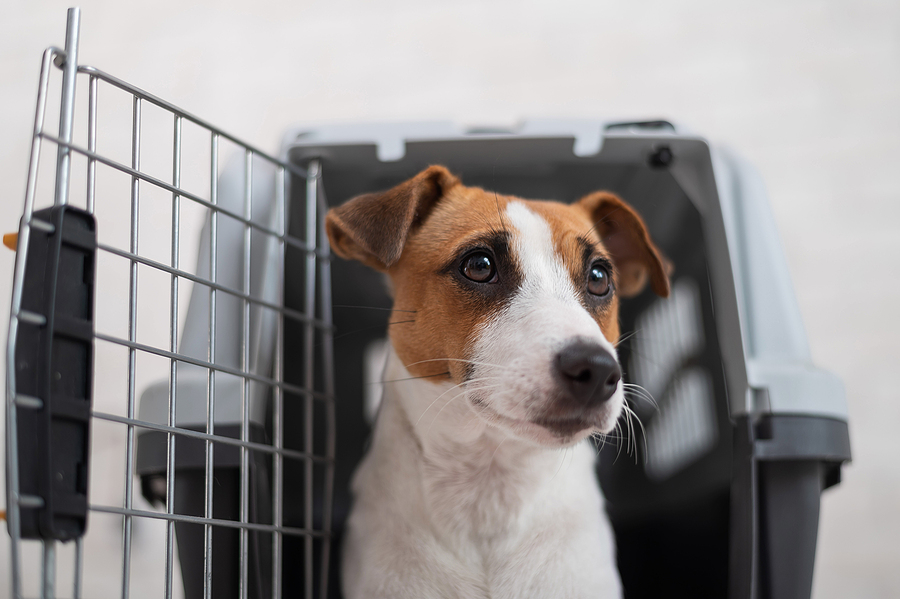Almost two years down the line, the effects of the pandemic continue to rage on, with Australia’s state borders continually opening and closing and regulations changing. Yet this hasn’t deterred Australians from moving around the country — 104,100 people moved interstate in the first quarter of 2021, which is 16,400 more than the same quarter in 2020.
Unsurprisingly, this has led to a period of stress and nasty surprises for movers, who have had to navigate quarantine rules and various charges. It’s led to some unexpected consequences, with pet owners in particular being affected.
Rules, regulations, and penalties
Although officials advise against moving interstate where it’s possible to delay, it’s not illegal — even when borders are closed. In most cases, states have a system requiring movers to show an approved exemption, border passes, and evidence to travel. They may also be required to undergo a quarantine or self-isolation when they arrive in a new location (depending on the rules for that particular state at that particular time).
The consequences of travelling without these things means risking a penalty worth thousands of dollars.
For those who want to bring their beloved family pets with them on their move, there’s an additional layer of complexity. Sometimes travel is only permitted by air, which makes taking your pet with you even more difficult — and the animal will also have to quarantine.
In the case where pet owners can travel with their animals in a road vehicle, they also face fines for violating non-pandemic laws. It’s illegal for owners to secure their animals in vehicles with a lead or by attaching them to a fixed mounting — and breaching this rule can lead to a penalty of up to $182 (with some variation between states).
Plus, it’s not just the driver that could receive a charge but everyone in the vehicle.
Possible solutions
The most straightforward way to avoid the complications and regulations around moving is to not move at all.
But this isn’t a realistic solution for most people, so the second-best option is to stick to the rules. The government’s latest travel and border restrictions can be found online, including details about quarantine zones and other pandemic-specific rules.
Meanwhile, pet owners should consider using either a carrier cage, rear cage, or safety harness to secure their animal safely and legally.
If this sounds overwhelming, dog-owners could also consider enlisting third-party to help. For instance, Smoosh offers road-based dog transport services across Australia. The service is favored by breeders and rescue shelters alike, but it’s just as suitable for relocating families who want to ensure the safety and well-being of their animals.
Drive safely
The future of the global pandemic remains unclear, and Omicron is likely to wreak even more havoc over the coming months. But one thing is clear — if you’re planning to move interstate, the best thing you can do is stay updated with the latest regulations and ensure you plan your move adequately to ensure everything pans out in the safest way possible.

